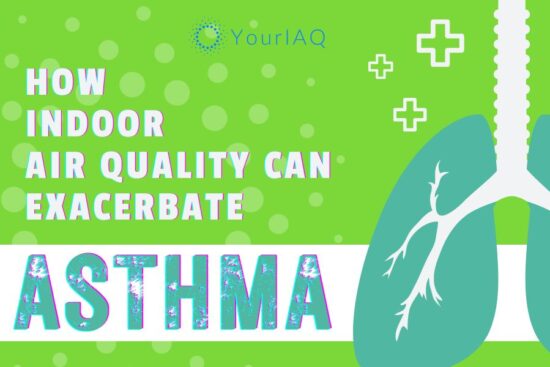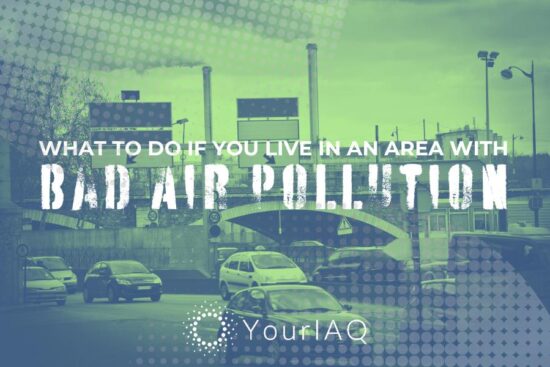
Indoor air quality is an important factor when considering your health and well-being. If you’re looking to improve the comfort and safety of your home, it’s important to know the facts about indoor air quality so you can make informed decisions about your living spaces. Here are 5 facts about indoor air pollution that may surprise you.
See also: Indoor Air Quality Facts Vs. Myths
1. You Take About 20,000 Breaths Each Day, 90% of Which Are Indoors
According to the EPA, the average person takes approximately 20,000 breaths each day and spends 90% of their time indoors. This means managing the quality of indoor air is one of the most important things you can do to care for your health and well-being.
2. Nearly Everyone—99% of the Global Population—Is Exposed to Unhealthy Levels of Air Pollution
A study published in Lancet Planetary Health revealed that 99% of the global population is exposed to unhealthy levels of tiny and harmful air pollutants called PM 2.5. These pollutants can cause respiratory problems, heart disease, and other health issues. This means the air you breathe both indoors and outdoors often contains pollutants harmful to your health.
3. Air Pollution Is One of the World’s Leading Causes of Death—Killing an Estimated 7 Million Annually
Recent estimates show that nearly 7 million people worldwide died from air pollution in 2019. This makes air pollution one of the leading causes of death globally. These numbers are shocking, and underline the importance of taking steps to improve indoor air quality to prevent further health issues and deaths.
4. You’re 1,000 Times More Likely to Inhale a Pollutant Indoors Than Outdoors
Based on the factors mentioned above, several investigators have calculated the “Rule of 1000,” which states that a molecule of a pollutant emitted indoors is about 1,000 times more likely to be inhaled than a molecule of the same pollutant emitted outdoors by an outdoor source. Generally speaking, indoor pollutants are likely more harmful to your health than outdoor pollutants.
5. Air Pollution in Schools Leads Directly to Lower Academic Performance
Studies have shown that increased levels of air pollution can cause increased absenteeism in schools. Meanwhile, ventilation and air cleaning improvements in public schools contribute directly to improved academic performance, higher scores on cognitive function tests, and better teacher health.
If you’re looking to improve the air you’re breathing at home, consider getting an air quality monitor. IAQ is a small, no-setup smart device that prevents unknown exposure to harmful air pollutants by giving you a reading of what’s in your air. Learn more about IAQ.






